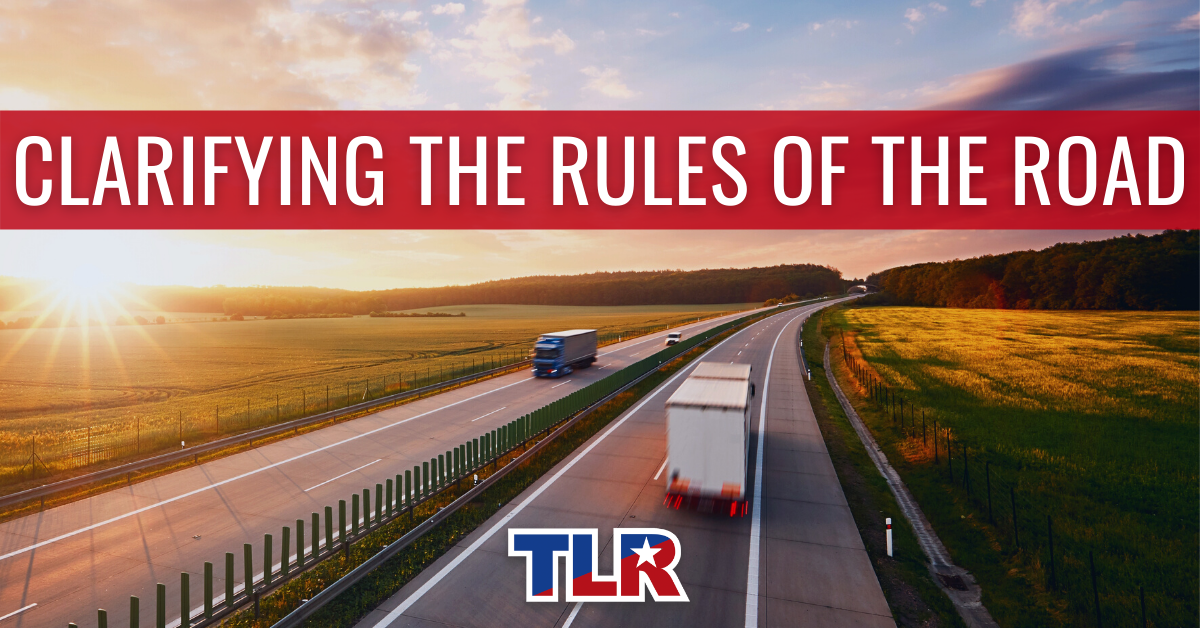
On Wednesday, September 1, House Bill 19 takes effect, clarifying the rules for how commercial vehicle lawsuits are tried in courtrooms across the state and ensuring juries have the necessary facts to arrive at a fair verdict.
The bill, which was authored by Rep. Jeff Leach and sponsored by Sen. Larry Taylor, was the product of nearly two years of research and collaborative work to find a solution to one of the biggest issues facing Texas small businesses.
Texas saw a 118 percent increase in vehicle litigation from 2008-2019, meaning about one in ten vehicle accidents resulted in a lawsuit. That’s not just a problem for big trucks, it’s a problem for any Texas business operating a vehicle: delivery vans, rideshare services, 18-wheelers, plumber’s trucks, and other vehicles delivering the goods and services we’ve relied on throughout the pandemic and after Texas’ winter storm.
Abusive commercial vehicle litigation is built on presenting misleading evidence to the jury that is often wholly unrelated to the cause of the accident—whether inflated medical bills or prejudicial evidence about a commercial vehicle operator’s conduct.
HB 19 protects the rights of Texans who are truly injured in a commercial vehicle accident while reducing opportunities for some trial lawyers to manipulate evidence at trial to seek millions in damages in cases where the commercial vehicle owner was not at fault or the plaintiff was not injured. The bill ensures juries have the necessary facts to award a fair verdict.
Under HB 19:
• A defendant can request a two-part trial in any case involving a commercial vehicle. The negligence of the driver, the negligence of the employer in maintaining the vehicle, and compensatory damages will be determined in the first phase of trial. Liability for and the amount of exemplary damages for all causes of action will be determined in the second phase of trial.
• Photos and videos of the vehicles involved in the accident will be admitted into evidence.
• TDI will conduct a six-year study on the effect of the bill on insurance rates and availability and report its findings to the Legislature before each regular session.
As with all of the reforms we advocate for in the Legislature, TLR will closely track HB 19’s effect on future litigation to ensure it’s functioning fairly for all litigants and to identify any litigation trends that arise after the bill’s enactment.
